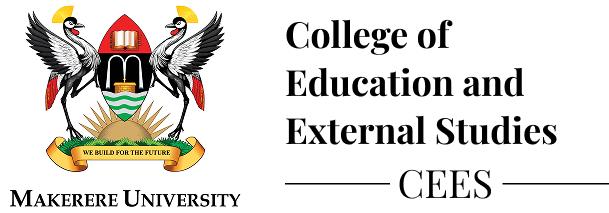Abstract
To be appointed, promoted, or posted as headteacher in any government school in Uganda, one needs to possess proven cognitive, academic, and technical competencies, as a requirement of Education Service Commission and Ministry of Education and Sports. However, evidence shows that even with such competencies, headteachers demonstrate varied levels of efficacy, when transferred from one school to another. This qualitative study investigated Teachers’ Perception of Transferred Headteachers’ Emotional Intelligence Leadership Competencies in Central Uganda in Government Secondary Schools. The study is grounded in Goleman’s et al., theory of Emotional Intelligence Leadership Competencies and Sowell’s (1992) Structure-Agency. The objectives were: (1) To examine teachers’ perception of headteachers’ self-awareness leadership competencies; (2) To examine teachers’ perception of headteachers’ self-management leadership competencies; (3) To examine teachers’ perception of headteachers’ social awareness leadership competencies; and (4) To examine teachers’ perception of headteachers’ relationship management leadership competencies. Data was collected using interviews from twelve teachers, working under four transferred headteachers. The findings reveal that three headteachers, were perceived to possess adequate self-awareness, self-management, social awareness, and relationship management leadership competencies, while one headteacher, was perceived to possess limited self-awareness, self-management, social awareness, and relationship management leadership competencies. Secondly, teachers had a positive perception of the three headteachers whose level of emotional intelligence leadership competencies was perceived to be high, compared to the fourth headteacher, whose emotional intelligence leadership competencies was perceived to be low. The study recommends the need for: headteachers to develop their emotional intelligence competencies; introduction and strengthening emotional intelligence skills in teacher training programs; Education Service Commission and Ministry of Education and Sports to pay due attention to promotion of emotional intelligence as a key requirement for appointing, promoting, posting, and transferring headteachers.
Name and Registration No.: MARTIN MUYINGO 2017/HDO4/19220U
Supervisor: Dr. Ssenkusu Peter and Dr. Victoria Tamale Rossette


